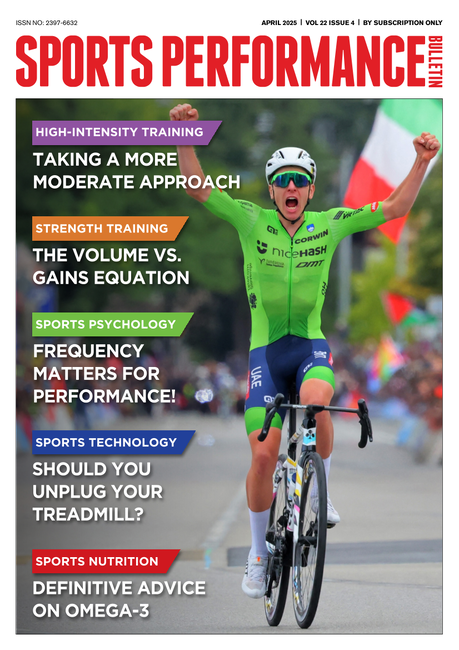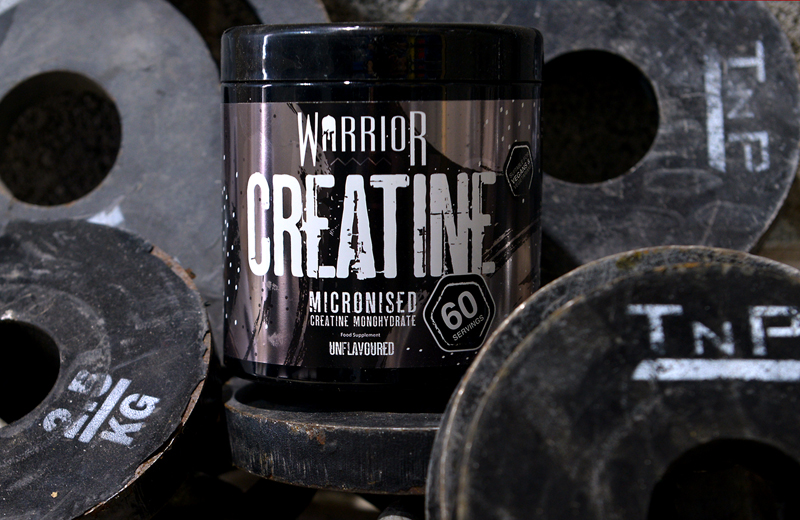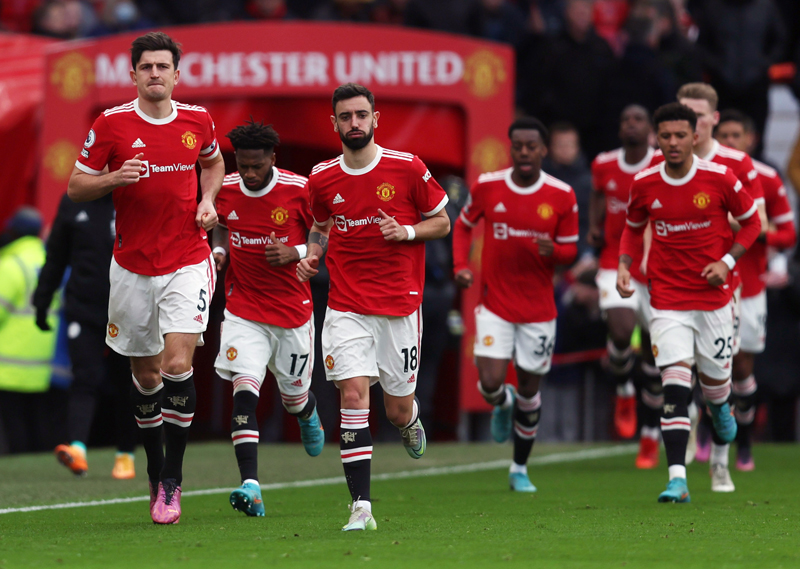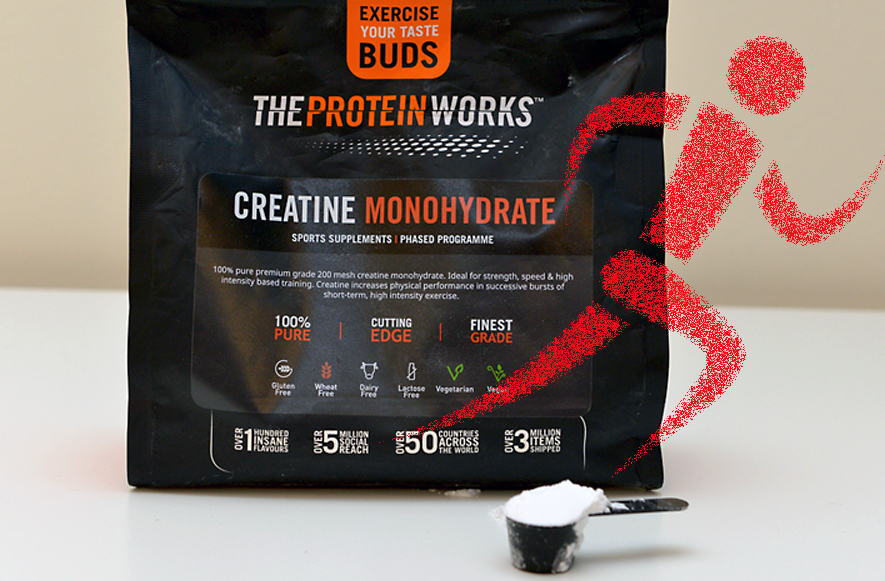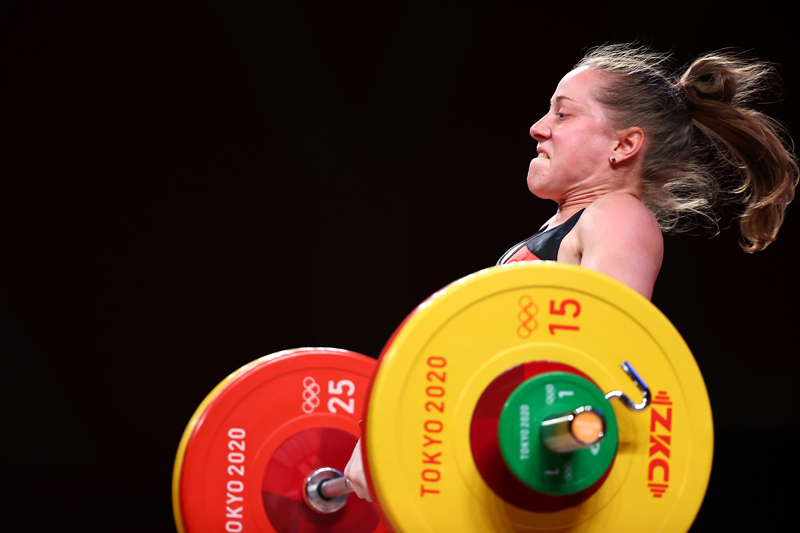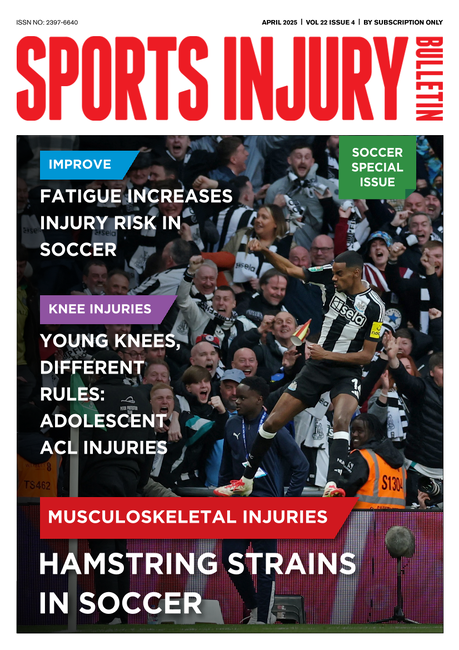Scientific evidence suggests that caffeine can speed up your performances by about one second per minute. Run as far as you can in four minutes without caffeine, and later - when you are feeling great - run the same distance after ingesting caffeine. With the right amount of caffeine in your system, it will take you about four seconds less to run the same distance.
Similarly, cycle as far as you can in 10 minutes while caffeine-free, and then - after recovery - cycle the same distance as fast as you can with caffeine inside. The second effort will be about 10 seconds faster (an improvement of one second per minute).
Caffeine, of course, is the world's most widely used drug, easily surpassing nicotine and even alcohol. Chemically, caffeine - like morphine and codeine - is an alkaloid (an organic base which contains at least one nitrogen atom in a ring-like chemical structure), and it can be both psychoactive and addictive. Anthropologists suggest that caffeine-containing plants may have been first discovered in Paleolithic times, as early as 700,000 BC by Stone Age men (and women), who probably chewed the roots, seeds, and bark of a variety of caffeine-bearing plants for energy. Caffeine is found in coffee beans (of course), tea leaves, the coca plant, guarana, mate, yoco, and cassina, to name just a few of its natural sources.
Studies show caffeine improving both race times and quality of training
The definitive research which has pushed caffeine onto the ergogenic-aid pedestal was carried out by a number of different research teams. In an investigation carried out at Christ Church College in Canterbury, 18 runners of various abilities zipped through a 1500m time trial on two separate occasions, once after consuming two cups of strong coffee containing a total of 150-200 mg of caffeine and once following two cups of decaffeinated coffee. Caffeine improved average 1500m performance times from 4:50 to 4:46. Fourteen of the 18 runners had better times with caffeine, and the improvement was statistically significant(1).In a second trial carried out by the same research team, caffeine's ability to improve kicking power at the end of a 1500m race was assessed. Ten competitive runners first ran 1100m at a predetermined speed of about 20k/hr (30min 10k tempo) and then attempted to run as fast as possible for one full minute. Prior caffeine consumption raised running speed during this one-minute kick period by almost 3%. With caffeine, average running pace during the kick phase of the exercise shot up from 382m per minute (about 4:12 miling) to 392m/min (4:06 per mile) - a 10m difference (over the minute of kicking) which could easily spell the difference between a high and low finish in a highly competitive race. All 10 runners achieved faster kicking speeds with caffeine.
Research has also shown that caffeine can increase sprinting ability on a bicycle and boost 100m swimming speed(2). Investigations also reveal that caffeine can upgrade training quality. At the University of Guelph in Canada, 14 athletes completed two separate interval workouts, once under the influence of caffeine and once with a placebo. The actual pre-workout caffeine dosage was 6mg per kg of body weight, or about the amount in three to four cups of strong coffee. The workout itself consisted of two minutes of exercise at 100% VO2max, followed by six minutes of recovery; two minutes at 100% VO2max again with six minutes of recovery; and then a final interval at 100% VO2max - sustained for as long as the athletes could continue exercising(3).
The jury is still out on exactly why and how caffeine works
Following caffeine ingestion, the subjects were able to exercise for 20% longer during the final interval (4.93mins versus just 4.12 mins), as caffeine boosted blood-adrenaline levels and also seemed to increase anaerobic (oxygen-independent) energy production. Adrenaline can increase the power of muscular contractions, and a rise in oxygen-independent energy creation can permit athletes to exercise at high intensities for longer periods of time.How does caffeine actually boost performance? The notion that caffeine increases energy levels and endurance by mobilising free fatty acids (which could potentially be used by the muscles for fuel instead of glycogen) has now been discredited, but there are three other intriguing possibilities:
1. Caffeine might reduce the rate of muscle-glycogen consumption during the first 15 minutes of exercise. As a result, there would be more glycogen in the muscles during later stages of exertion, prolonging endurance(4).
2. Caffeine may lower perceived exertion, making strenuous efforts feel easier. Some investigations have demonstrated that individuals routinely rate specific intensities of exercise as more comfortable if they have caffeine in their systems.
3. Caffeine may produce an adrenaline-like effect, stimulating more calcium to rush inside muscle cells during contractions, thus boosting the potential strength and power of muscular activity.
So should I just drink many more cups of coffee?
If you decide to give caffeine a try, how much would you have to take in to get yourself disqualified? To answer that question, let's first take a look at a bit of history: few fans of caffeine realise that the IOC first banished the compound (at urinary levels above 15 mg/litre) in 1962 but then reversed its decision a few years later. Athletes had complained about the caffeine restriction, asserting that variations in metabolism could put some individuals over the urinary limit after very small consumptions of the substance.The IOC restored its caffeine restrictions in 1984, however, and scientists subsequently attempted to determine how much caffeine ingestion would really be enough to put an athlete over the limit. In one study, individuals tried to dope themselves by drinking large amounts of coffee, tea, or cola within a fairly short time frame. Although the total caffeine ingestion was as high as 1,000mg (as much as in eight to 10 cups of coffee), urinary levels never moved above 14mg/litre, and the researchers concluded that:
1. It was impossible to flunk the IOC test as a result of the ordinary consumption of caffeinated beverages.
2. Any athlete whose urine checked in above 15mg/litre must have deliberately taken caffeine in an unusual way in order to boost performance. How unusual such consumption is can be shown by the fact that the IOC disqualified a grand total of one participant from the Games - an Australian pentathlete in the 1988 Seoul Olympics.
So what's the bottom line? Always consult your doctor before combining serious caffeine consumption with high-intensity exercise. To achieve peak absorption of caffeine, take it about one hour before your exercise commences (try this strategy several times in practice, of course, before using it in a competitive situation). Bear in mind that the amount of caffeine in just two strong cups of coffee (about 200mg) is enough to improve performance. Note that if you routinely ingest ample amounts of caffeine, the compound's effect on your exercise capacity may be lower, compared with someone who consumes small quantities of caffeine in daily life.
Finally, even though Tour de France cyclists employ rectal caffeine suppositories in the belief that the stimulant will get them over the Alps in record time, there's little convincing evidence that caffeine works during very long-distance races. Exercise durations of 10 to 20 seconds up to about 45 minutes or so are probably caffeine's primary domain.
Owen Anderson
References
(1) British Journal of Sports Medicine, Vol. 26(2), pp. 116-120, 1992.
(2) European Journal of Applied Physiology, Vol. 64, pp. 377-380, 1992.
(3) Running Research News, Vol. 10 (5), p. 8, September-October 1994.
(4) The World of Caffeine, p. 289, New York, Routledge Press.
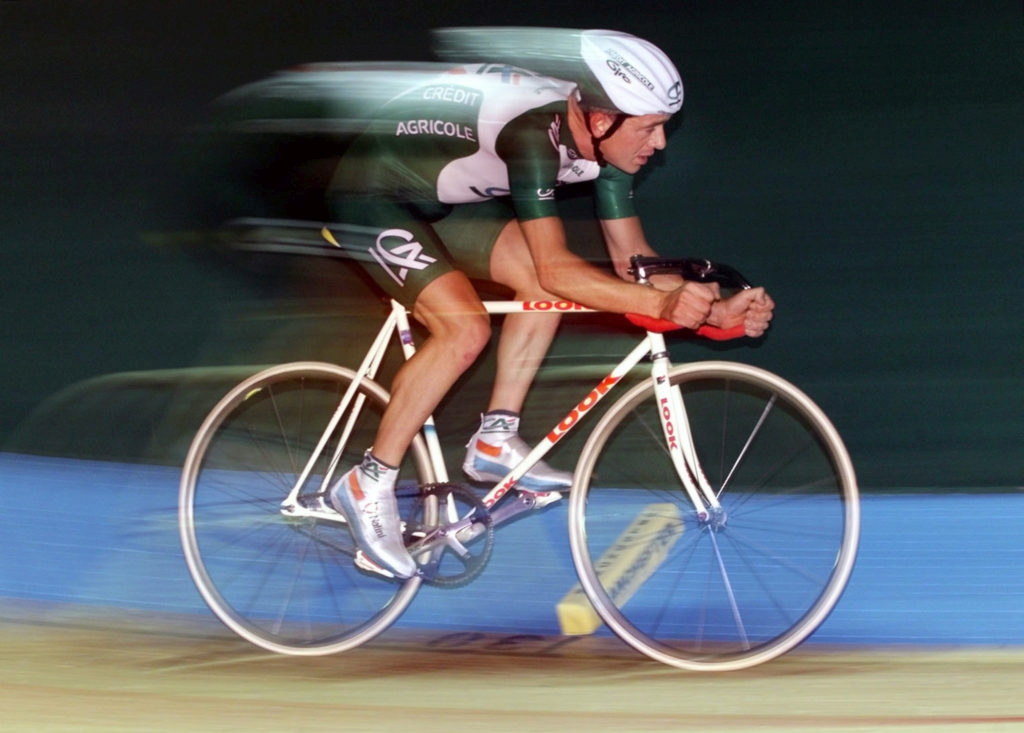 How caffeine may shave seconds off your time
How caffeine may shave seconds off your time


